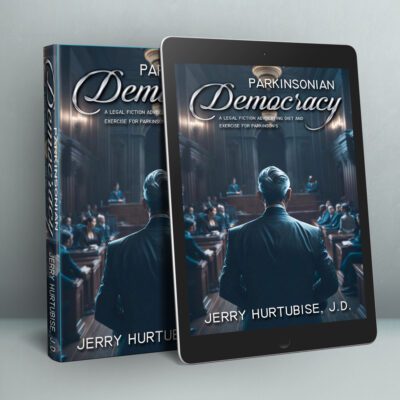AI in Publishing 2025 isn’t a futuristic concept anymore. We all know it’s here, reshaping how authors write, publish, and promote their books. From editing tools to marketing assistants, AI is everywhere. But what does that mean for you, the author who pours heart and soul into every word?
AI works best when you know which tool to use. It’s like hiring a virtual intern. You wouldn’t trust them to write your book, but you might trust them to organize your notes or remind you of deadlines. Let’s dig into how AI is influencing publishing today and what you actually need to know.
The Good: How AI in Publishing 2025 Helps Authors
The best part about AI in publishing is that it’s more of an assistant than a replacement. Tools can help with grammar checks, style suggestions, and even generating title options. Marketing platforms are using AI to track trends, improve SEO, and connect books with the right readers. For indie authors especially, this can save time and money.
AI is like salt in a recipe; it can enhance the flavor of your dish, but too much will ruin the meal entirely. A pinch of AI can help you overcome writer’s block or quickly summarize research, but relying on it for your entire manuscript can make your writing feel generic and lifeless. The key is to find the right amount—enough to make your work more efficient and polished, but not so much that it loses your unique voice.
Related Reading: AI & Copyright: Who Owns the Words?
The Concerns: Copyright, Authenticity, and Control in Artificial Intelligence
Of course, AI in publishing is not all smooth sailing. The rise of AI-generated content has sparked debates about copyright, plagiarism, and the authenticity of creative work. Questions like:
Can AI-written text be copyrighted?
What happens if AI “borrows” from existing authors?
These abstract questions are real concerns for anyone putting words into the world.
Organizations like the Authors Guild are actively advocating for writer protections in this new landscape. Meanwhile, the Alliance of Independent Authors offers guidance on ethical ways indie authors can use AI without losing control of their creative rights.
The Reality: Balance Matters
AI isn’t here to replace authors. That’s the big misconception of everyone. But the truth is, it’s here to streamline your process. Think of AI as a powerful assistant you’ve hired to handle the mundane tasks. It can do the heavy lifting, like generating first drafts of non-fiction articles, brainstorming plot points for a novel, or even helping you write social media posts for your book launch. It’s a tool, and like any tool, its value depends on how you use it. It can be incredibly helpful, but only if you set the boundaries.
If you’re worried that using AI makes you “less of a writer,” remember this: you’re still the creator. You are the one who decides the story, the characters, and the emotional core of your work. AI tools for writers can help tremendously, yes! But AI will not be a substitute for your unique perspective, lived experience, or emotional depth.
Those are things readers crave and only you can deliver. The raw, human connection that comes from a story told by a real person. An AI can mimic human emotion, but it cannot truly feel it. It can write a scene, but it can’t draw from a memory of a heartbroken moment in a cafe or the joy of a perfect sunset. Only you can deliver that kind of authenticity
Staying Informed About AI in Publishing
Publishing is always changing, and AI is simply the latest shift. The authors who thrive in 2025 will be the ones who learn how to adapt while staying true to their voice.
If you’re curious about strengthening your publishing knowledge, you might also like our insights on Red Flags to Watch for in Editors or How to Know What Kind of Editing Your Book Needs. These resources focus on human expertise—the kind of wisdom no algorithm can replace.
AI in publishing is here to stay, but it doesn’t have to be intimidating. Think of it as one more tool in your author toolbox. The more you know, the better choices you can make for your writing future.
If you’re using AI, do it intentionally, not as a shortcut. Curious about choosing the right editor in an AI-driven world? Check out our guide on Red Flags to Watch for in Editors to make sure you’re working with a pro who has your best interests in mind.







